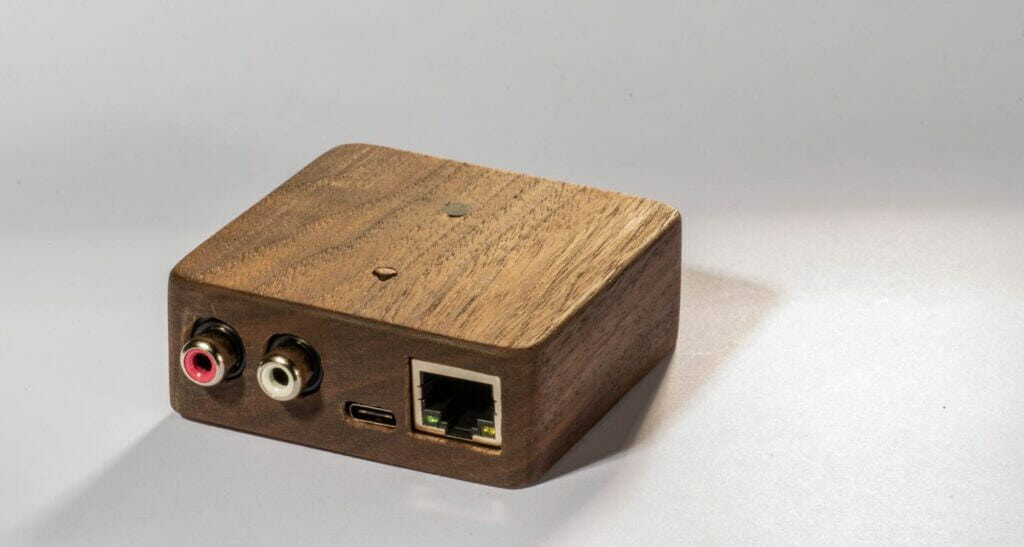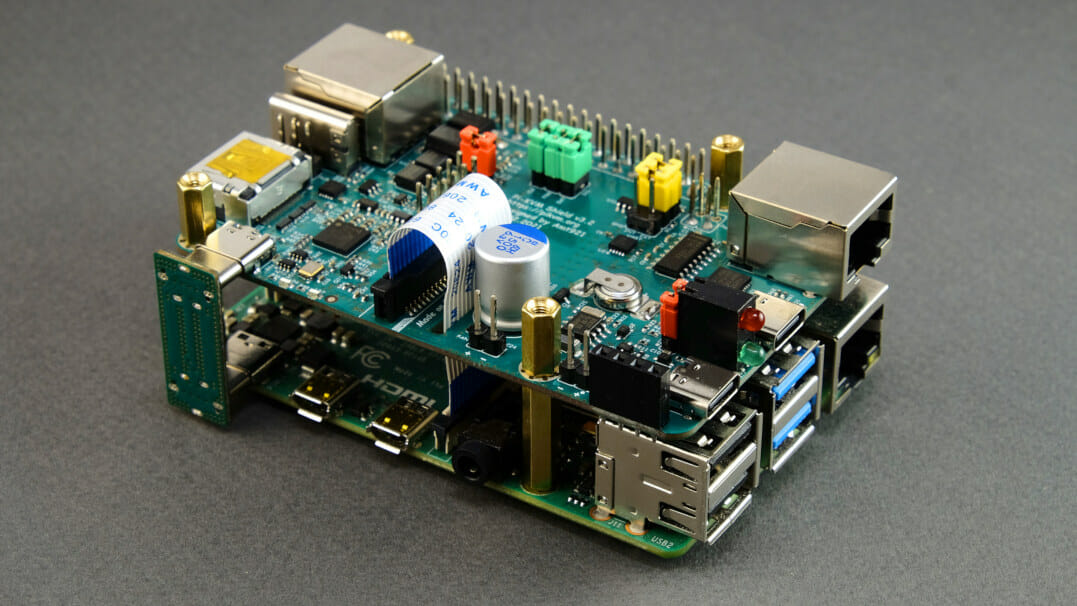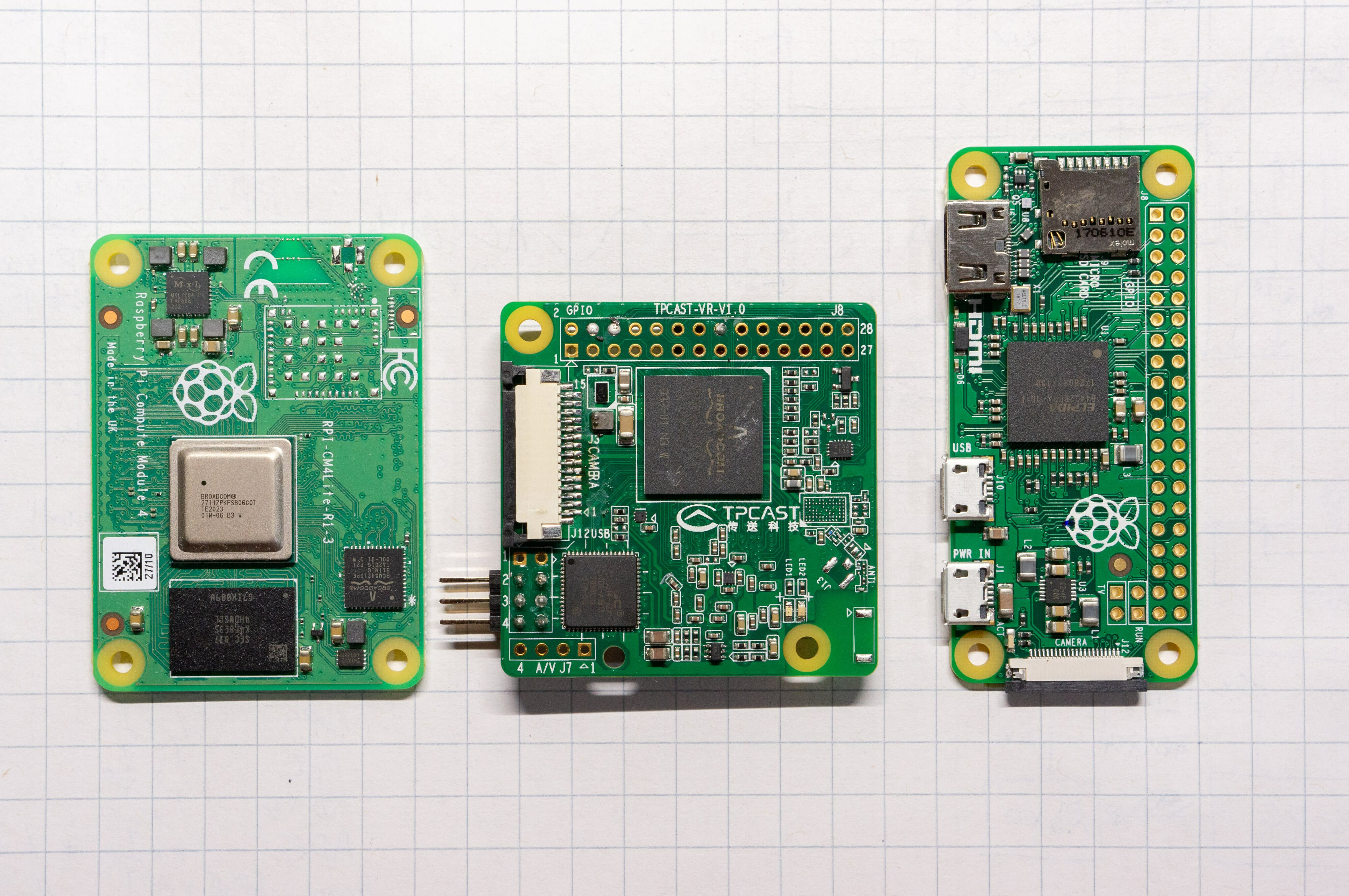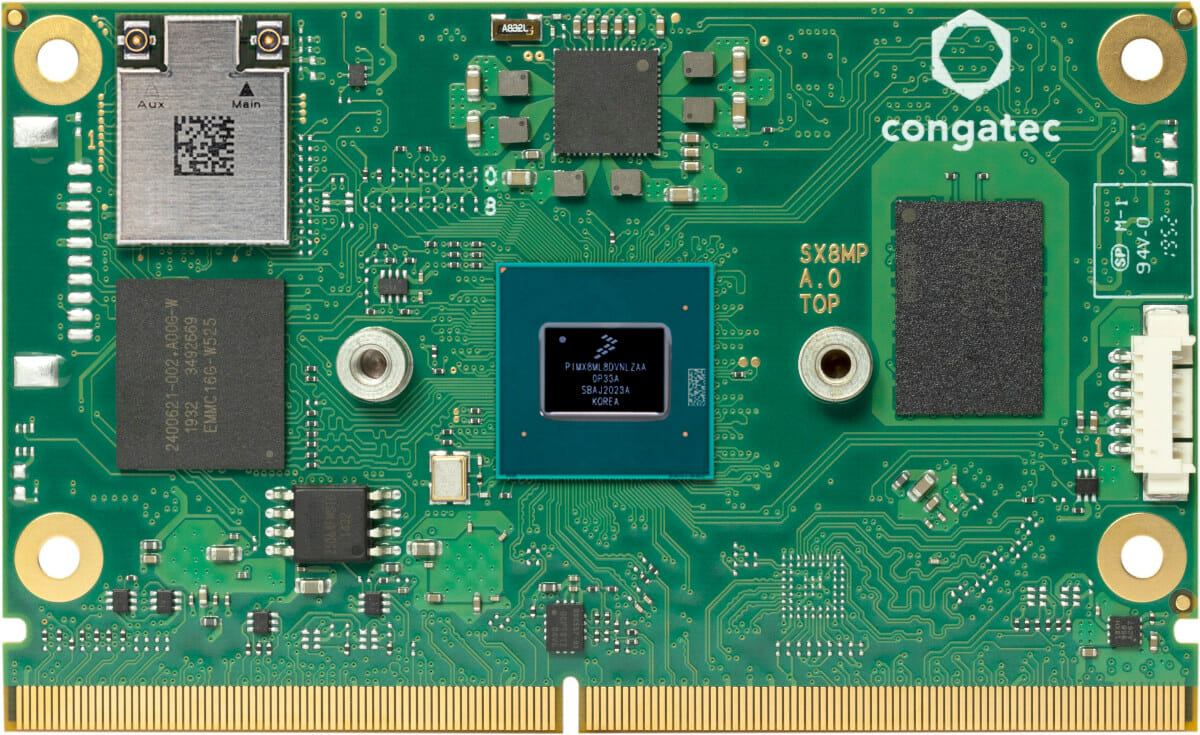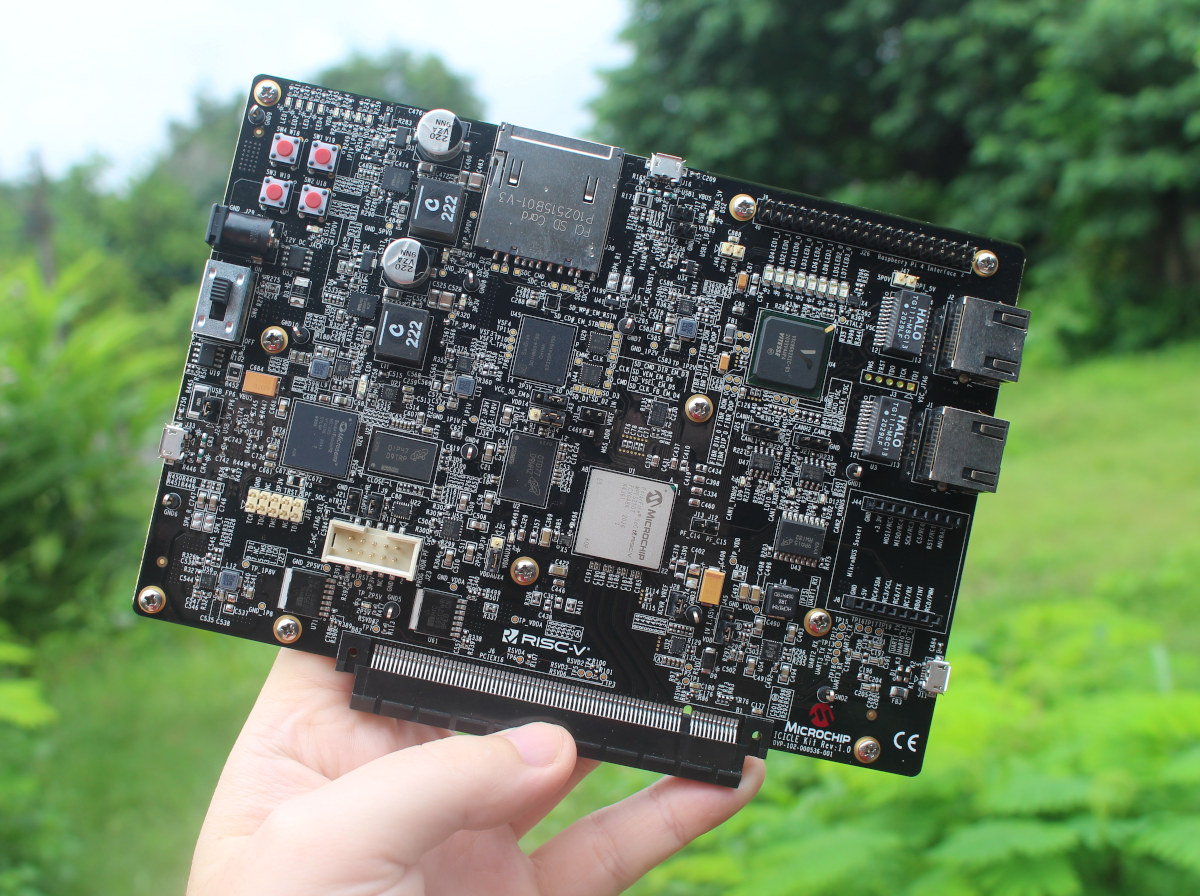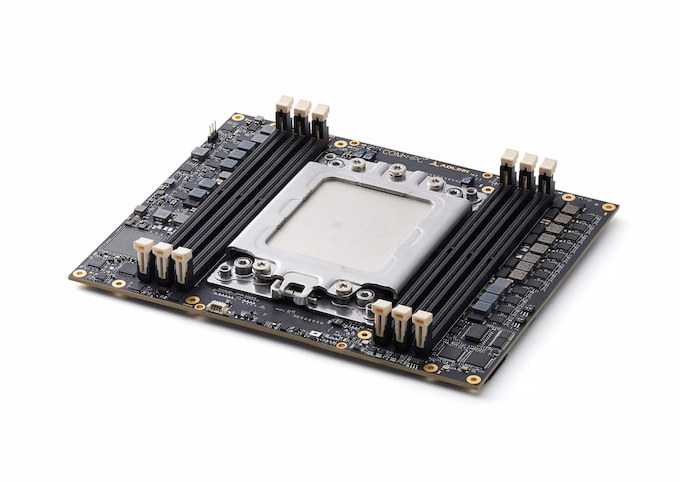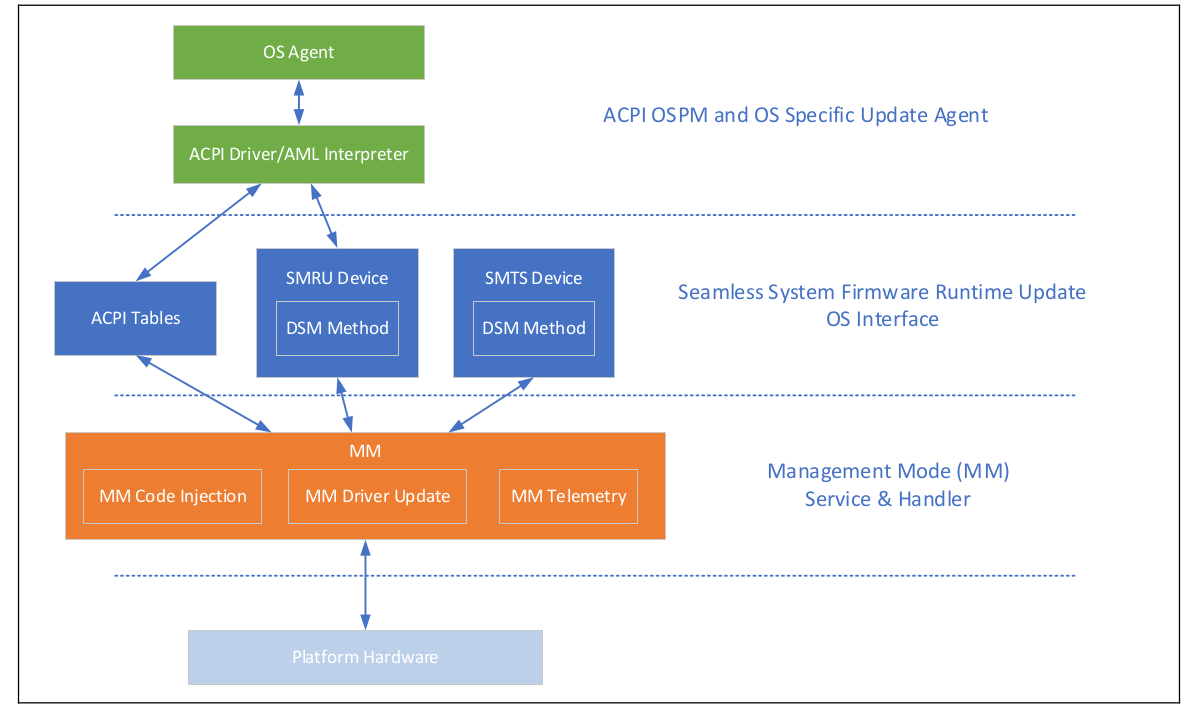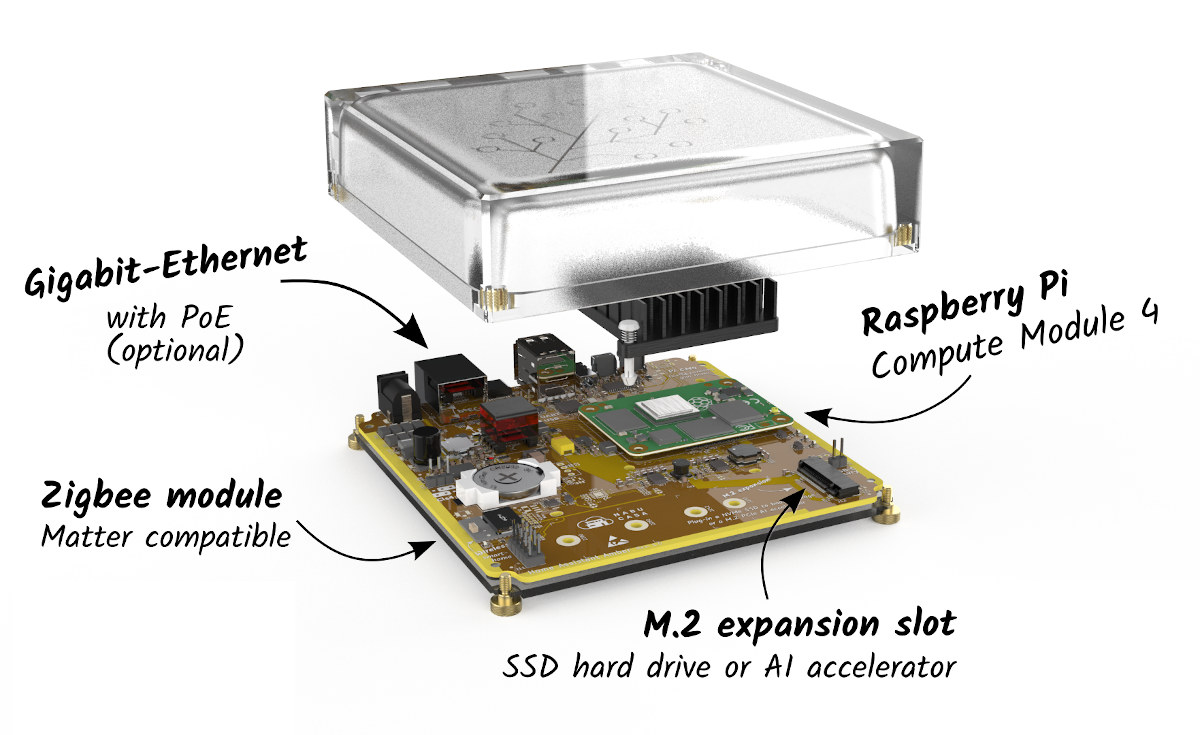The Spotify Box is a small DIY device based on an Allwinner V3s single-core Cortex-A7 camera SoC and a wooden enclosure designed to play Spotify songs, and not much else… The device serves as a bridge between the official Spotify app and your home audio system connected through the RCA jacks of the box. and allowing you to connect your smartphone to your audio setup and stream music throughout your house. Spotify Box specifications: SoC – Allwinner V3s single-core Cortex-A7 processor @ 1.2 GHz with on-chip 64MB DDR2 Storage – MicroSD card slot for OS Audio – 2x RCA jack for left and right audio Connectivity 10/100M Ethernet RJ45 port 2.4 GHz 802.11b/g/n WiFi 4 and Bluetooth 4.2 via RTL8723DS module Misc – Push button, RGB LED Power Supply – 5V via USB-C port Evan Hailey selected Allwinner V3s over other processors such as NXP i.MX233 or Microchip SAM9N because […]
PiKVM v3 Raspberry Pi HAT offers KVM over IP on the cheap (Crowdfunding)
Last December, we wrote about the inexpensive DIY Pi-KVM board to add KVM over IP to the Raspberry Pi board mentioning PiKVM v3 was in the works with extra features such as onboard ATX power control. It turns out PiKVM v3 HAT has been on Kickstarter for about a month and raised close to $600,000 US from over 2,500 backers with just about two days to go at the time of writing. PiKVM v3 hardware features and specifications: Video & audio capture port – 1x HDMI input up to 1080p50 MIPI CSI-2 interface to Pi to visualize HDMI input USB 1x USB-C console port 1x USB-C power input port USB-OTG pins USB-C OTG port doing the emulation of a USB keyboard, mouse, Virtual CD-ROM or USB Flash Drive, USB-Ethernet, USB-Serial port, etc… Console – RJ45 console port Debugging – UART access pins Expansion SPI and an extra GPIO for the […]
$25 “Raspberry Pi 3 mini” board comes with a camera interface, USB & I/Os headers
TPCast-VR, aka “Raspberry Pi 3 mini”, is a compact board based on Broadcom BCM2837 quad-core Cortex-A53 processor, and that should come as part of Element14’s Raspberry Pi customization program, just like the custom Raspberry Pi 3 SBC with eMMC flash designed for laundry gateways that I noticed a few months ago. The board was initially integrated into the power box of the TPCAST Wireless Adaptor for HTC Vive and Oculus Rift virtual reality headsets, but eventually found its way into other applications notably FPV drones, and it’s now sold separately, as we’ll see further below. I found about the board via a tweet from Will Whang who purchased it for under $20 at the beginning of the year, and discovered the connection with the TPCast wireless adapter. TPCast-VR board specifications: SoC – Broadcom BCM2837 quad-core Cortex-A53 processor @ 1.2GHz with Videocore IV GPU System Memory – 1GB RAM Storage – […]
SMARC Modules With NXP i.MX 8M Plus Processor (Sponsored)
Low-power flagship for artificial intelligence – congatec is expanding its SMARC platform with a new module with an NXP i.MX 8M Plus processor especially for embedded AI applications. Thanks to the extensive ecosystem with an application-ready 3.5-inch carrier board, Basler cameras, and AI software stack, fast proof of concept is possible. That hasn’t always been so easy. Previously, it was usually much more difficult to use the latest processor technology from the Arm environment as a finished system than to implement the x86 environment. This is because, as a result of the historically large range of individually tailored custom designs used in large quantities, the ecosystem of system platforms is not that extensive. However, with the modular approach based on the SMARC computer-on-modules specification, it is now also possible to obtain standard form factors from the x86 box PC range with ARM processors. For example, the embedded computing specialist congatec […]
A first look at Microchip PolarFire SoC FPGA Icicle RISC-V development board
Formally launched on Crowd Supply a little over a year ago, Microchip PolarFire SoC FPGA Icicle (codenamed MPFS-ICICLE-KIT-ES) was one of the first Linux & FreeBSD capable RISC-V development boards. The system is equipped with PolarFire SoC FPGA comprised a RISC-V CPU subsystem with four 64-bit RISC-V (RV64GC) application cores, one 64-bit RISC-V real-time core (RV64IMAC), as well as FPGA fabric. Backers of the board have been able to play with it for several months ago, but Microchip is now sending the board to more people for evaluation/review, and I got one of my own to experiment with. That’s good to have a higher-end development board instead of the usual hobbyist-grade board. Today, I’ll just have a look at the kit content and main components on the board before playing with Linux and FPGA development tools in an upcoming or two posts. Microchip PolarFire SoC FPGA Icicle Unboxing The board […]
ADLINK COM-HPC Ampere Altra 80-core Arm server module targets embedded applications
ADLINK has integrated Ampere Altra, an up to 80-core Armv8.2 server processor with up to 175W TDP, into a COM-HPC module designed for embedded applications, together with the AVA Developer Platform equipped with a 32-core processor and housed in an “ultra-silent liquid-cooled tower system”. Both the ADLINK COM-HPC Ampere Altra module and the developer kit are compliant with the just-announced Arm’s Scalable Open Architecture for Embedded Edge (SOAFEE), a “software initiative and reference implementation providing a cloud-native environment for embedded edge development”. ADLINK COM-HPC Ampere Altra COM-HPC Ampere Altra key features and specifications: SoC – Ampere Altra with 32x to 80x Armv8.2 Neoverse N1-based cores with up to 3.3 GHz frequency, up to 128 lanes of high-speed PCIe Gen4 and 8×72 ECC protected DDR4 3200 memory; TDP: 60 to 175 Watts depending on the number of cores System Memory – Up to 768GB DDR4 with 6x individual memory channels Networking […]
Intel Seamless Update to enable BIOS/UEFI firmware updates without a reboot
Updating the BIOS/UEFI binary usually requires a reboot, but Intel is working on changing that, at least on Linux servers for now, with the Intel Seamless Update aiming to carry out system firmware updates (e.g. UEFI) at run-time without having to reboot, a bit like what Canonical does with the Ubuntu Livepatch service, but at a lower level in the software stack. Intel submitted a patch that “Introduces Platform Firmware Runtime Update and Telemetry drivers” to the Linux kernel mailing list a couple of days ago with the description reading in part: High Service Level Agreements (SLAs) requires that the system runs without service interruptions. Generally, system firmware provides runtime services such as RAS (Reliability, Availability and Serviceability) features, UEFI runtime services and ACPI services. Currently if there is any firmware code changes in these code area, the system firmware update and reboot is required. Example of bug fix could […]
Home Assistant Yellow – A Raspberry Pi CM4 based automation gateway (Crowdfunding)
The team behind the popular Home Assistant open-source home automation framework has just launched their second hardware with Home Assistant Yellow automation gateway based on Raspberry Pi CM4 module. This follows last year’s ODROID-N2+ based Home Assistant Blue which was a limited edition and has now been discontinued, albeit still supported. The carrier board for Home Assistant Amber is designed from scratch and notably includes Silicon Labs MGM210P Mighty Gecko Module with support for Zigbee 3.0, OpenThread, and Matter (Soon), as well as M.2 socket that can take an NVMe SSD, or an AI accelerator card. Home Assistant Yellow specifications: Supported SoM – Raspberry Pi Compute Module 4 (CM4) with Broadcom BCM2711 quad-core Cortex-A72 processor @ 1.5 GHz, up to 8GB RAM, up to 32GB storage. (Note: optional WiFI 5 and Bluetooth 5.0 connectivity not covered by regulatory approval) Storage – Support for NVMe SSD via M.2 socket, bootable for […]


